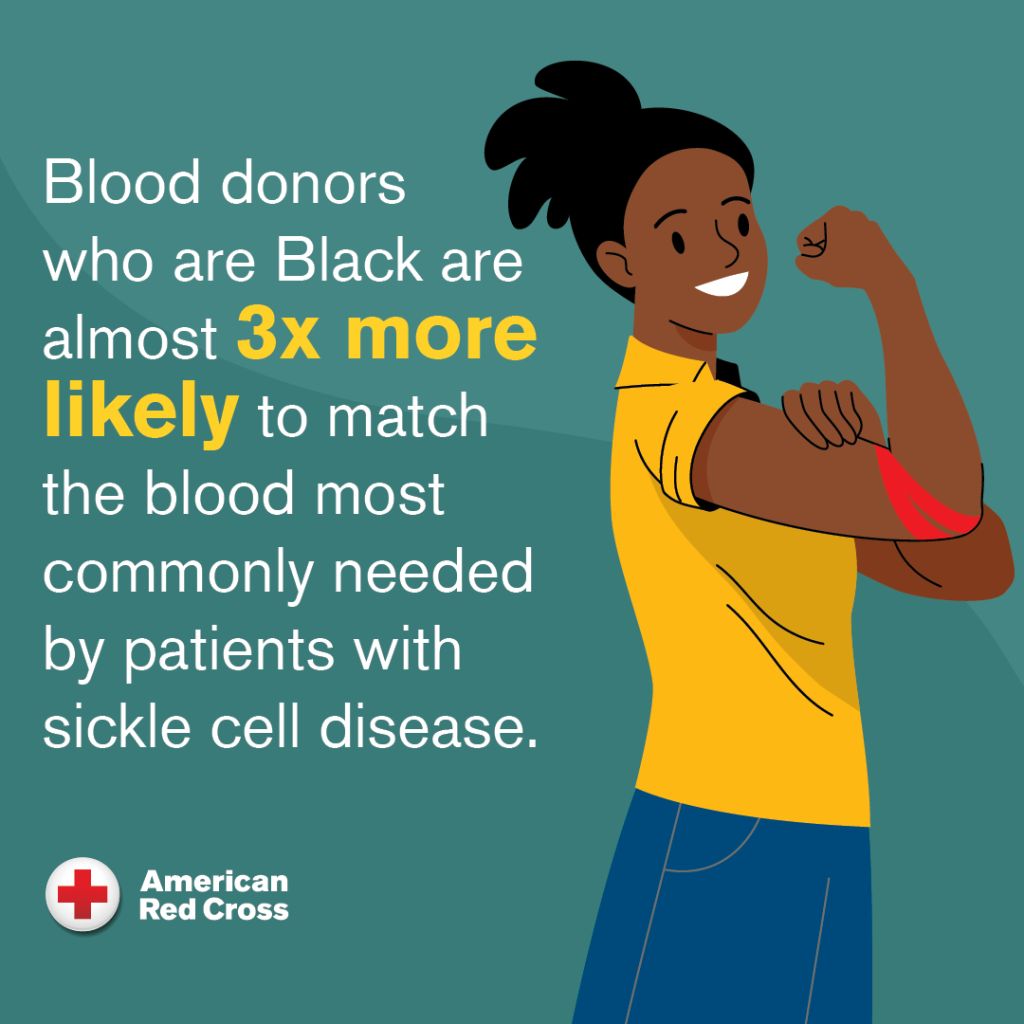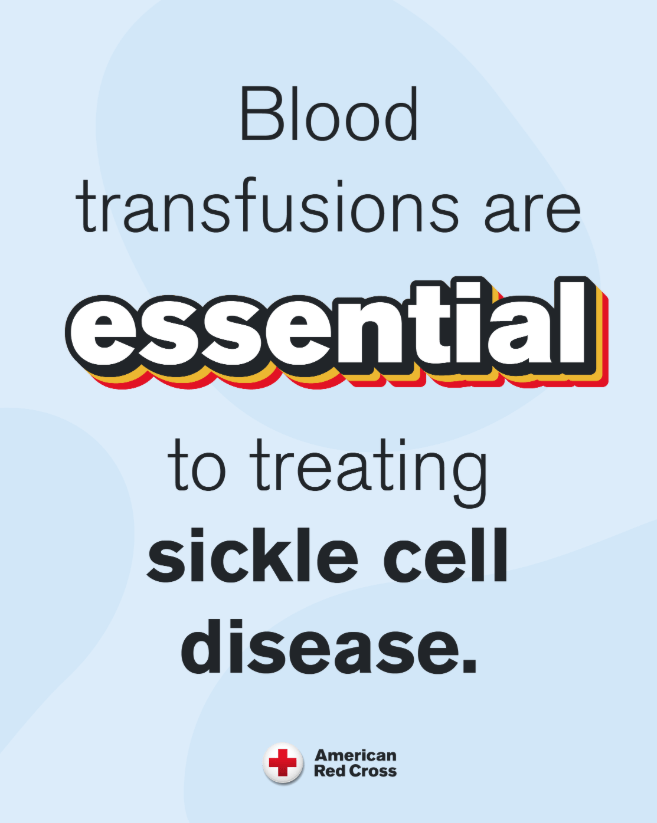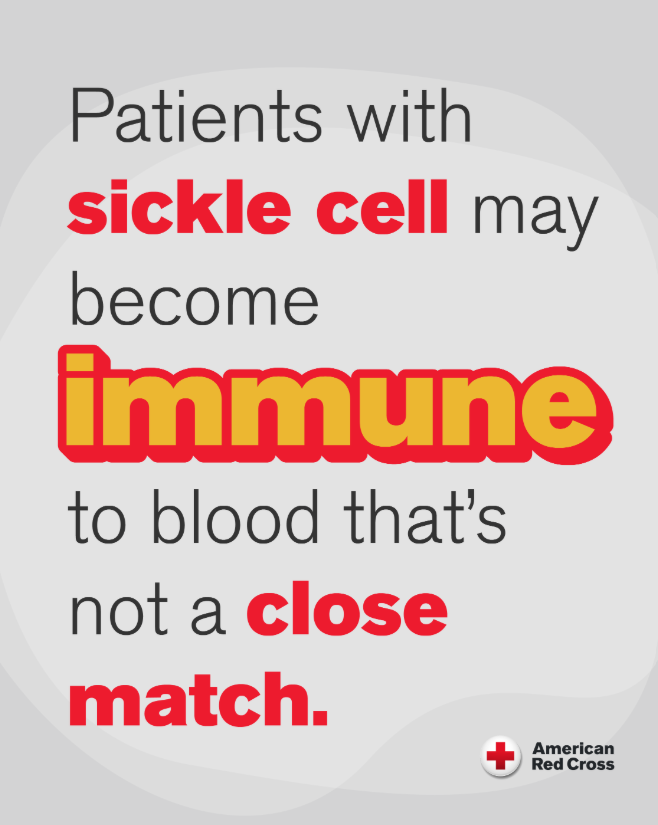American Red Cross Pledge to Donate

🚨 TAKE THE PLEDGE GIVE & WIN 🚨
Donate Blood Today. You may be one of four winners to receive a $250 Gift.
Here’s how it works:
👉 Listen to Get Up! Mornings with Erica Campbell
👉 Head to “our custom”Pledge To Donate” contest page and take the pledge to support the Red Cross
👉 After pledging, enter for a chance to win $250 weekly 💵PLUS—each weekly winner qualifies for the Grand Prize: a virtual meet & greet with Erica Campbell herself!Promotion runs Oct 6 – Nov 2, 2025
Learn More About Sickle Cell – Use The Tool Kit
More than 100,000 individuals in the U.S. suffer from sickle cell disease – an enduring and often invisible condition. The disease disproportionately affects individuals of African descent, many of whom rely on routine blood transfusions as an essential treatment to prevent life-threatening complications. In fact, a single patient with sickle cell disease can require thousands of blood transfusions throughout their lifetime.

Sickle Cell Disease vs. Sickle Cell Trait
- People with one sickle gene and one normal gene have sickle cell trait.
- Sickle cell trait is inherited, and many individuals are not aware that they carry this trait.
- Sickle cell trait is not sickle cell disease, and in most cases, individuals with sickle cell trait do not experience any symptoms of the disease.
- Approximately 1 in 13 babies who are Black or African American are born with sickle cell trait.
It is essential to know your trait status. For a limited time, all donors who self-identify as multiracial and Black or African American will be screened for hemoglobin S, a key indicator of sickle cell trait.

How Do Race and Ethnicity Affect Blood
Blood types fall into four major groups: A, B, AB, and O. Some patients require an even closer match than the main blood types. If a patient receives a transfusion that is not a close match, they may form antibodies. Individuals who receive frequent blood transfusions, such as patients with sickle cell disease, need to receive the most compatible match possible.
- Antigens are a substance on red blood cells that help determine blood type.
- There are more than 600 known antigens, and some are unique to specific racial and ethnic groups.
- One in 3 African American blood donors is a match for a patient with sickle cell disease.

Learn More
- Prior to donating blood, all donors will receive a free health screening.
- Learn how this health screening can provide insights into your health status.
- Data shows that blood donors who are Black are more likely to be deferred due to low hemoglobin levels.
- Learn about the importance of iron and blood donation.
The Power of a Match: How Sickle Cell Fighters Save Lives
Being a Sickle Cell Fighter means being a blood donor who is a match for sickle cell patients, specifically those who are CEK- and Sickle Cell Trait Negative (HbS-). Your selfless donation creates a powerful legacy—one that not only changes lives today but empowers future generations to continue the fight. By giving blood, you’re passing on a tradition of hope, strength, and compassion that will inspire others to do the same.

Why Your Donation Matters
- Antigens are a substance on red blood cells that help determine blood type.
- There are more than 600 known antigens, and some are unique to specific racial and ethnic groups.
- One in 3 African American blood donors is a match for a patient with sickle cell disease.



